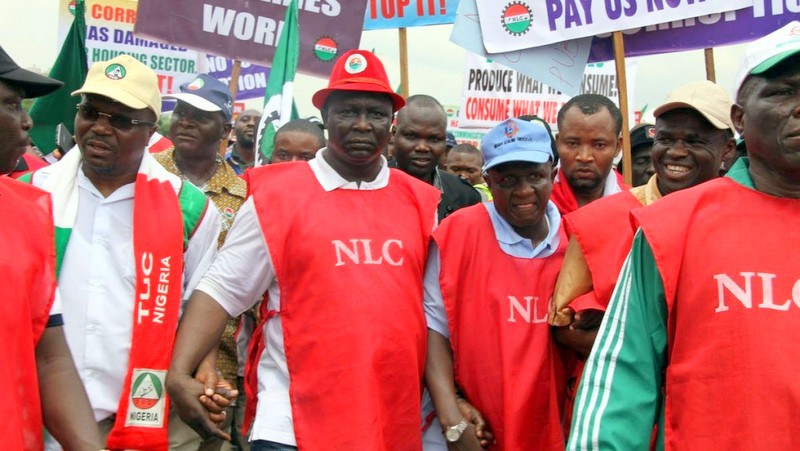States Have No Justification for Paying Only ₦70,000 Minimum Wage — NECA DG
Amid Nigeria’s rising cost of living, the Director General of the Nigeria Employers’ Consultative Association (NECA), Adewale Smatt-Oyerinde, has said that state governments have no justification for paying civil servants only the federal minimum wage of ₦70,000.
He argued that increased revenue allocations from the Federation Account have rendered claims of financial incapacity by state governments untenable.
“No state has a valid excuse, given the current economic reality, to stick to ₦70,000,” he said. “With the rising cost of petrol and the general strain on household expenses, more needs to be done, even as some states are making efforts with CNG buses.”
Smatt-Oyerinde stressed that beyond wage increments, critical issues such as food security and affordable housing must be addressed. “Once those essentials are in place, the conversation won’t just be about minimum wage, because ₦70,000 will have more purchasing power if it covers basic needs,” he added.
He emphasized that improving the welfare of workers—who play a central role in driving the economy—will directly enhance productivity.
“While we may not be directly involved in the socio-economic challenges each state faces, it’s clear that workers, both in the public and private sectors, are the backbone of economic activity. Any measure that reduces their hardship will improve motivation and output,” he said.
He added that hunger, poor shelter, and inadequate transport remain major barriers to productivity and must be tackled by governments that see the civil service as the engine of the system.
“From the private sector’s standpoint, workers are essential to growth and productivity. As the ILO rightly puts it, workers are not commodities—they should be treated with dignity and care.”
President Bola Tinubu signed the new Minimum Wage Bill into law in July 2024, raising the national minimum wage from ₦30,000 to ₦70,000 after months of deliberation among the federal government, labour unions, and private sector stakeholders.
Since then, a growing number of states have opted to pay above the federal minimum. Several states—including Imo, Ebonyi, Lagos, Akwa Ibom, Enugu, Bayelsa, and Osun—have announced higher wage structures ranging from ₦75,000 to over ₦100,000, demonstrating that paying more than the national minimum is not only feasible but already being implemented across the country.
These developments, Smatt-Oyerinde said, further reinforce the position that no state can reasonably claim it is unable to do the same.




